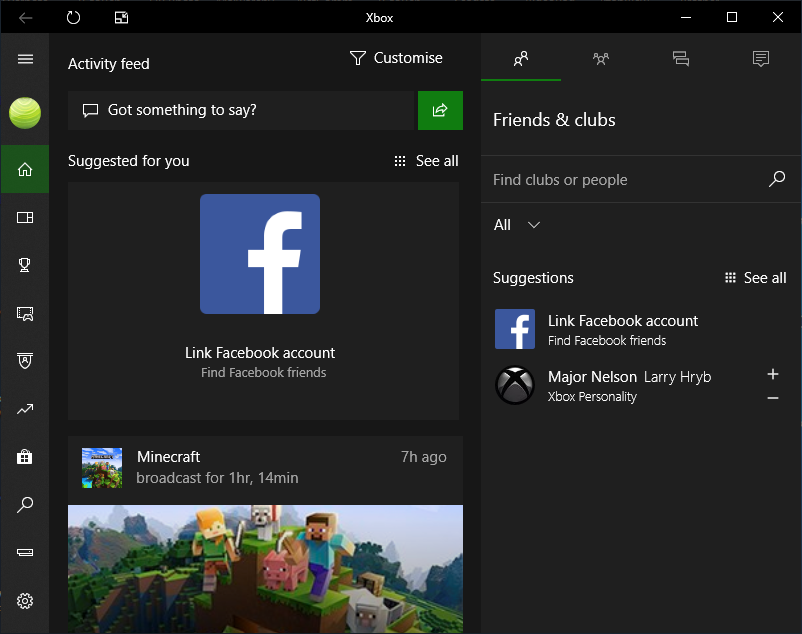Articles
Twitter, Facebook must be more diligent | Technology | BigPond News
My Comments
The Charlotte Dawson saga that has been over the Australian news media over the last week has become a wake-up call regarding the nature of the Social Web and the Internet in general when it comes to the ability to leave unverified irrational comments against people or organisations.
This is where social networks, bulletin boards, forums and similar services are used as a platform to launch an attack against a person. Here, it can manifest in ways such as a caustic remark left on a Facebook profile or a forum; through a barrage of tweets or instant messages of abuse fired at a person or, at worst, a Facebook Page, YouTube video or something similar can be set up to pillory that person.
Even before the Social Web became mainstream, there was the issue of free Web hosts and the “export to HTML” function in recent word processors and affordable desktop-publishing software being used to quickly set up defamatory Web sites against people. This situation was then underscored by the use of cost-effective camera-equipped mobile phones to create distasteful videos to appear on these sites or to send across to others via email or MMS.
Some press articles raised the issue of how easier it has become to leave improper comments on the Social Web, Web-hosted forums and the like without being traced back easily. This is even though most of these services have mechanisms for the Webmaster or others in charge to control scurrilous behaviour, including a reporting mechanism for others who are aggrieved by the behaviour to let those in charge know. As well, these mechanisms are underscored by the terms and conditions that users have to assent to when they become a member of these services.
Even before the rise of the Internet, there was common advice that was offered regarding nuisance phone calls and similar behaviour involving communications services/ For example, one was advised to simply to hang up on a nuisance call and, if the activity persisted, to report the matter to the telecommunications company and the police.
This was also underscored by most countries having laws in place that proscribes the use of a “common carriage service” to harrass, menace or threaten others. The reference to the “common carriage service” is a legal term used to describe telephone, post or similar services used by everyone as a communications tool.
What can you do
What most of us have to be aware of is not to satisfy the cyber-bully’s wants by leaving responses to the caustic remarks or passing on the comments in the common space that the platform offers.
If the behaviour persists, we have to know how to “block” or “unfriend” the troublemakers in the case of social media. There is the ability to report the matter to the social-media platform’s “report this” option where it draws the behaviour to the attention of the platform’s administrators.
In the case of forums, blogs or wikis, you should contact the site owner or administrator through the contact options that exist on the site. There will usually be a “Contact Us” link somewhere on the forum, usually on the login screen.
The only situation that can be difficult is a Website that is hastily built up to pillory another person. It may be difficult to track down the owner of the domain name if the domain name isn’t an obvious hosting domain like wordpress.com associated with a particular Web host. Here, you may have to do “whois” searches oh the domain and locate the entity owning the domain. In the case of a subdomain of a hosting domain, you may have to go the the “www” site of that hosting domain to track down who is operating the site.
Aggrieved people should also be aware of local support services especially where there is a risk of depression being brought on by this activity. Some of these services focus particularly on the cyber-bullying menace and provide online or telephone-based advice. Of course, your friends or family whom you trust can help out with these situations.

